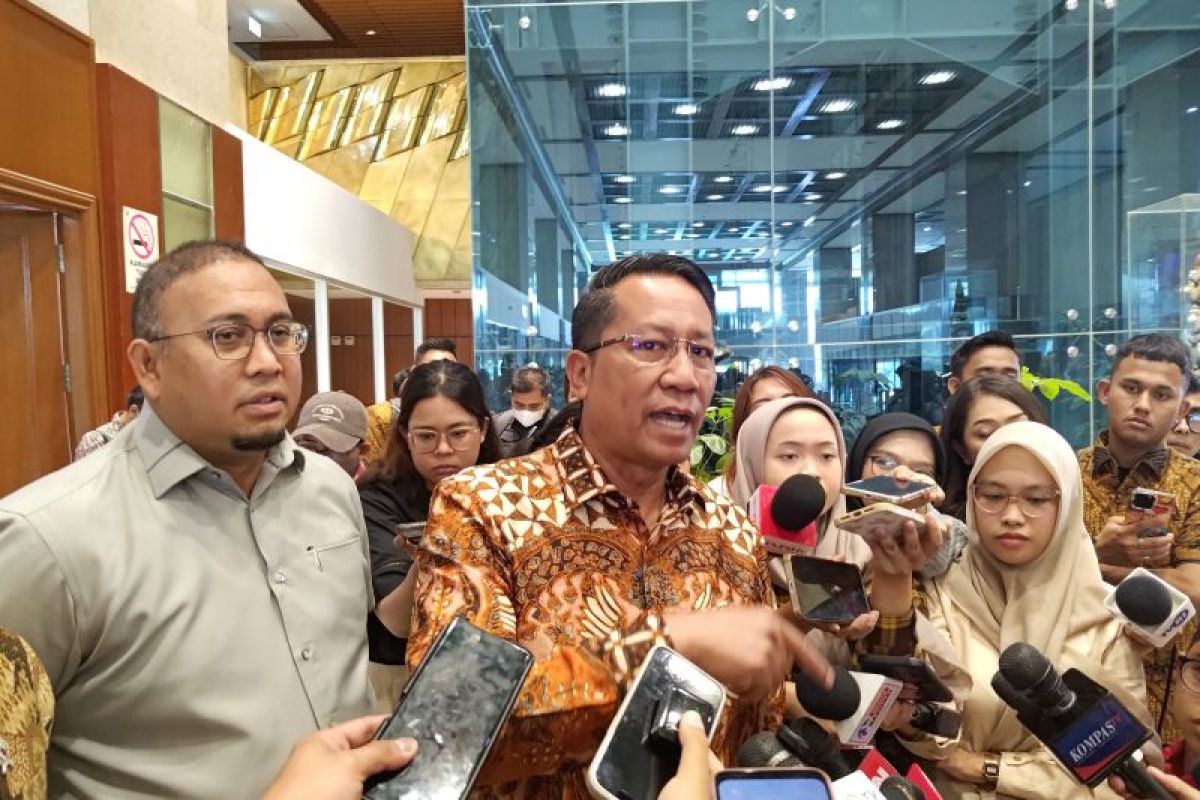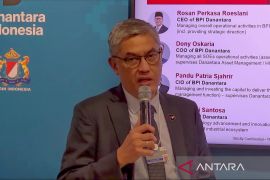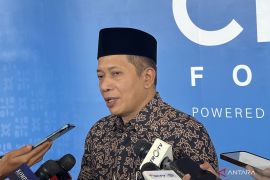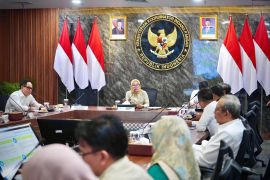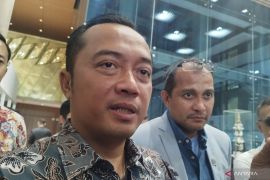“With this revision, the Ministry of SOEs will be dissolved and replaced by BPBUMN. Its duties and functions will be more or less the same, but now it will act solely as a regulator,” Supratman said following a meeting with Commission VI of the House of Representatives (DPR) at the parliamentary complex in Jakarta on Friday.
According to Supratman, BPBUMN will continue to hold a 1% golden share (Series A) on behalf of the government, while the remaining 99% (Series B shares) will be managed by Danantara, which will serve as the operator.
“BPBUMN will function as the regulator, while Danantara will serve as the business operator,” he explained.
The institutional shift is part of efforts to strengthen the legal framework of the SOEs Law and to comply with a recent Constitutional Court ruling (Decision No. 128/PUU-XXIII/2025), which prohibits ministers and deputy ministers from concurrently holding positions within SOEs.
The establishment of BPBUMN, Supratman said, is expected to enhance corporate governance in SOEs, with the Supreme Audit Agency (BPK) explicitly named in the revised law as the authorized auditing institution.
“With stronger governance, BPBUMN and Danantara are expected to uphold good governance principles across all SOEs,” he said.
Regarding the transition process, Supratman noted that further implementation details will be laid out in a forthcoming presidential regulation (Perpres).
“Once the law is ratified and enacted, the new institutional framework will be prepared by the Ministry of Administrative and Bureaucratic Reform (PANRB) and the State Secretariat through a presidential decree,” he added.
He also clarified that the appointment of the BPBUMN head will be entirely at the discretion of the President, who may choose from current officials or select someone from outside the government, in accordance with the approved regulations.
During the transition period, ministers or deputy ministers currently serving in SOEs will have up to two years before the dual-role ban takes full effect, as granted by the Constitutional Court.
Supratman also confirmed that public corporations (Perum), such as Perum Bulog, will fall under the jurisdiction of BPBUMN and be further regulated through a presidential regulation.
Additionally, the management of dividends from the Series A shares held by BPBUMN, with presidential approval, will be addressed in subsequent implementing regulations.
“The bottom line is that the structure and function of SOEs will remain intact,” he said.
Supratman emphasized that the amended SOEs law is expected to modernize state asset management, improve transparency and accountability, and enhance the contribution of SOEs to public welfare.
Meanwhile, Commission VI Chair Anggia Ermarini stated that all eight party factions on the commission have approved the final draft of the amended SOEs Bill.
“All eight factions in Commission VI have agreed to the Fourth Amendment to the SOEs Law, which will now proceed to the second reading at the plenary session,” Anggia said.
With this approval, the SOEs Bill — which includes 84 revised articles — has officially passed at the commission level and will now be submitted for final ratification by the House of Representatives.
Related news: Government endorses SOE bill for upcoming plenary discussion
Related news: Govt, House agree to draft bill to bolster state-owned enterprises
Translator: Aria, Azis Kurmala
Editor: Arie Novarina
Copyright © ANTARA 2025
